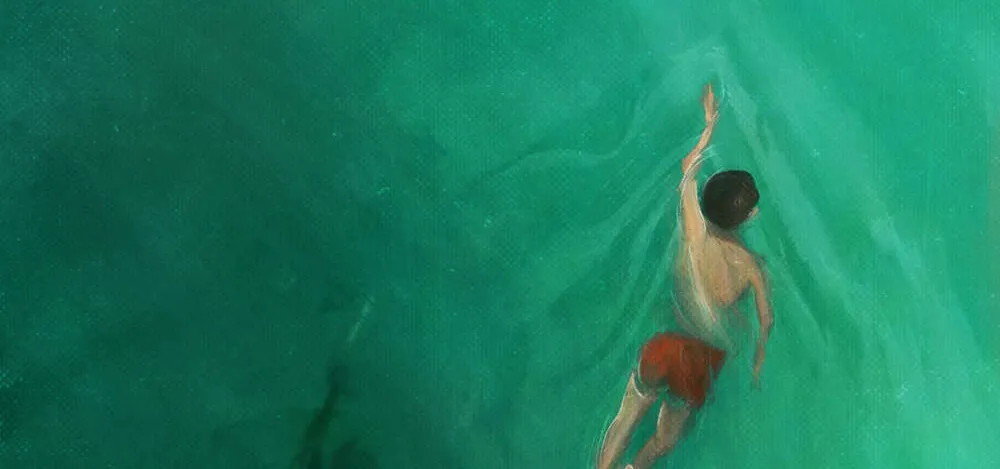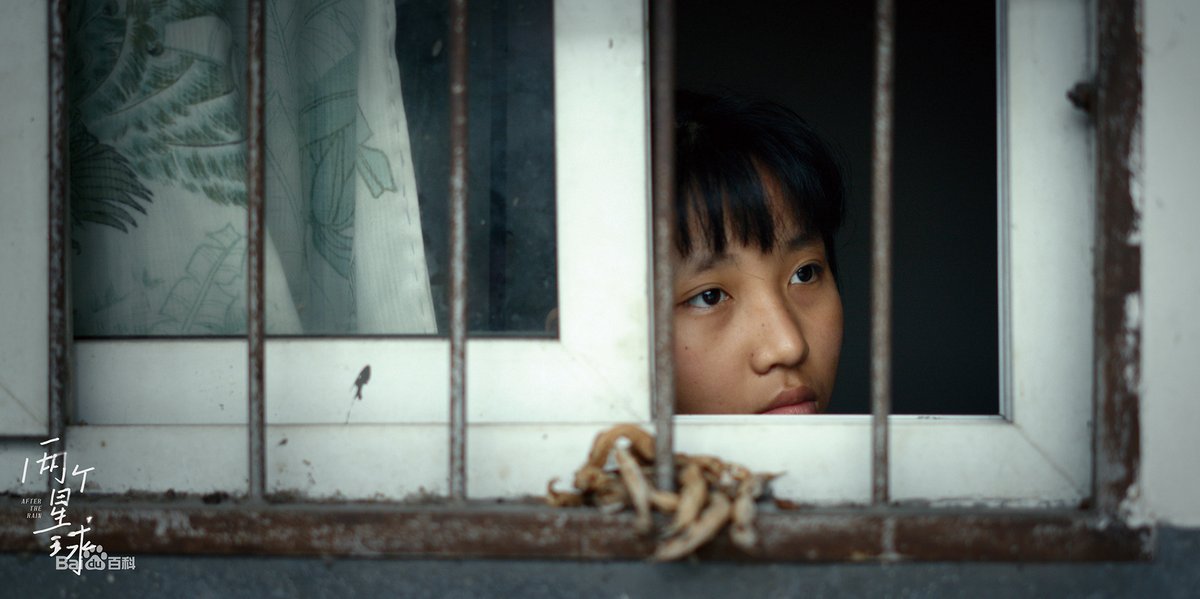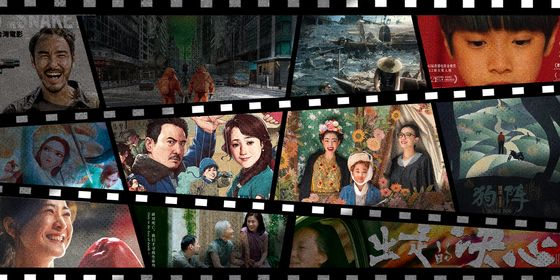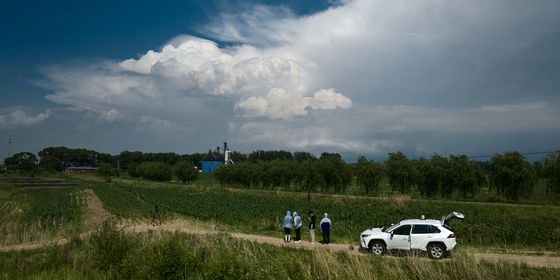Fan explores the enduring trauma for parents who lost children in the 2008 Sichuan Earthquake, and their attempts to rebuild their families
Following his ascent to the international stage, Chinese film director Fan Jian has turned abruptly backward and inward.
No stranger to global cinema, Fan has made intimate, character-driven documentaries since 2003 on topics ranging from China’s SARS outbreak to migrant workers. His 2016 documentary Still Tomorrow, about the poet Yu Xiuhua, launched him into the global spotlight, garnering the Special Jury Award at IDFA in the Netherlands.
Yet at FIRST Film Festival this July, where Fan premiered the highly anticipated After the Rain, he said: “I know Western audiences may not understand this film.”
In fact, he’d deliberately set out to make such a movie. At a documentary forum in Beijing this April, Fan said: “Especially after the pandemic, I am more aware that the world we embraced was the documentary industry dominated by Europe and North America. Their aesthetics, their way of telling stories, their cultural thinking...affect the language of the movie, the structure of the movie. Where is our own cinematic language? Where are our own cinematic concepts?”
After the Rain is Fan’s answer to those questions. Fan tells TWOC that he aimed to tell a story “through the lens of Eastern philosophy”—the understanding of life, death, and time as nonlinear and circular; sometimes moving backward, or experiencing hiccups. Fan compares himself to Asian directors such as Apichatpong Weerasethakul from Thailand, who he says makes films within his own cultural context and does not seek to “reconcile” his works with Western perceptions of the world.
To make After the Rain, Fan spent two decades following two couples who lost their children to the 2008 Sichuan earthquake that claimed 69,000 lives, including many children buried under shoddily constructed school buildings. Enrolling in a government program providing free in-vitro fertilization (IVF) for bereaved older couples, Ye Hongmei and Zhu Junsheng, who lost their 7-year-old daughter Xingyu in the quake, believe that having another child will help rebuild their family and restore purpose to their lives.
We see Ye and Zhu chat with another couple about their deceased children in a brightly lit hospital room as they prepare for IVF. Boy or girl? How old were they? Which school did they go to? They nod silently in expressions of mutual grief. Ye and Zhu pray for a baby girl, believing that the child will be the reincarnation of their daughter. When they have a boy instead, they are crushed that Xingyu did not return to the world to be with them.
The boy, Chuanchuan, is raised in the shadow of his lost sister. Her memory hovers over Chuanchuan’s childhood like an amputated limb, standing between him and his parents’ love and acceptance. They put him in his deceased sister’s dresses. Fan juxtaposes scenes of Zhu harshly scolding Chuanchuan for his carelessness with shots of him wiping his daughter’s old doll with exceptional tenderness.
The audience wonders whether the parents’ undying love for their deceased child blinds them from the cruelty they inflict on Chuanchuan. At one point, the camera follows Ye to a gathering of her friends. “I always tell my son, you are only alive because your sister is dead,” she says. “You shouldn’t say that to him,” another woman replies. “It’ll put pressure on him.” Typically for Fan, the film compassionately uses conversations to explore contrasting opinions on its core ethical questions.
Fan defends the complexity and moral ambiguity of his characters. “Most of reality, including human nature, exists in shades of gray,” he said at the Beijing forum. “Twenty years ago, I found myself occasionally shocked by people, but increasingly I find that this is ordinary humanity.”
The other bereaved couple in the hospital, Ms. Gao and Mr. You, take back their second daughter Xiaoran after they lose their first in the earthquake. Due to China’s former family planning restrictions, they’d given Xiaoran to another family to raise after birth. The little girl knows she was given away, and isn’t sure how to feel about the fact that her parents now want her back due to a tragic twist of fate. In each case examined in the film, the children behold their parents’ grief with a mix of empathy, confusion, and shame.
The film ends before the children are fully grown, offering no verdict on their lives as adults. As Fan said in April: “Life is greater than the story we tell, and the idea of using a story to summarize a life is problematic.” Rather, “documentaries instead seek to show our thinking on the essence of life.”
At the end of the film, a breathtaking 20-minute montage brings us to the height of the director’s muted artistry. One shot shows the deceased daughter’s portrait, projected onto an image of a river with the water flowing in reverse, subtly suggesting that the rules of time are broken. By the end of the montage, the film’s narrative has been abandoned and scenes of everyday life are juxtaposed with scenes of thunder and rain over a reed-lined river. It is as baffling as it is poetic, conjuring the sense that we are all fumbling through the fog of life, a landscape of mystery, beauty, and uncertainty.
Fan Jian’s “After the Rain” | Film Review is a story from our issue, “Upstaged.” To read the entire issue, become a subscriber and receive the full magazine.













